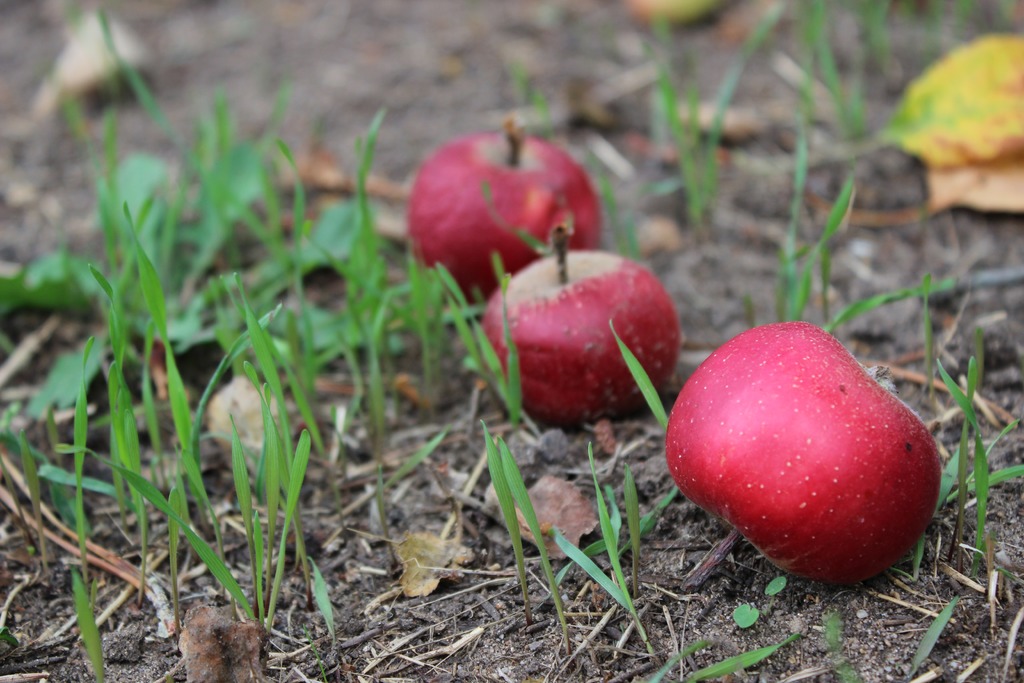When I say that Prince Caspian is the best of the Chronicles of Narnia, I say it in the same way that I say I’d rather eat a chopped salad than anything else, or that my favorite pastime is going to church. There are many fine things about church and chopped salads, but the one only has pews to sit on, and the other isn’t a pile of buttered toast. Prince Caspian has a dreariness to it that the other Chronicles only touch occasionally (November on Ettinsmoor comes to mind, or the bother of dealing with Rabadash). Realizing that this is Cair Paravel has the same feeling as taking one’s spouse to the place where one vacationed as a child, and feeling abashed at its smallness. Can anything that falls to ruin ever have been that good?
Login to read more
Sign in or create a free account to access Subscriber-only content.
Topics:
